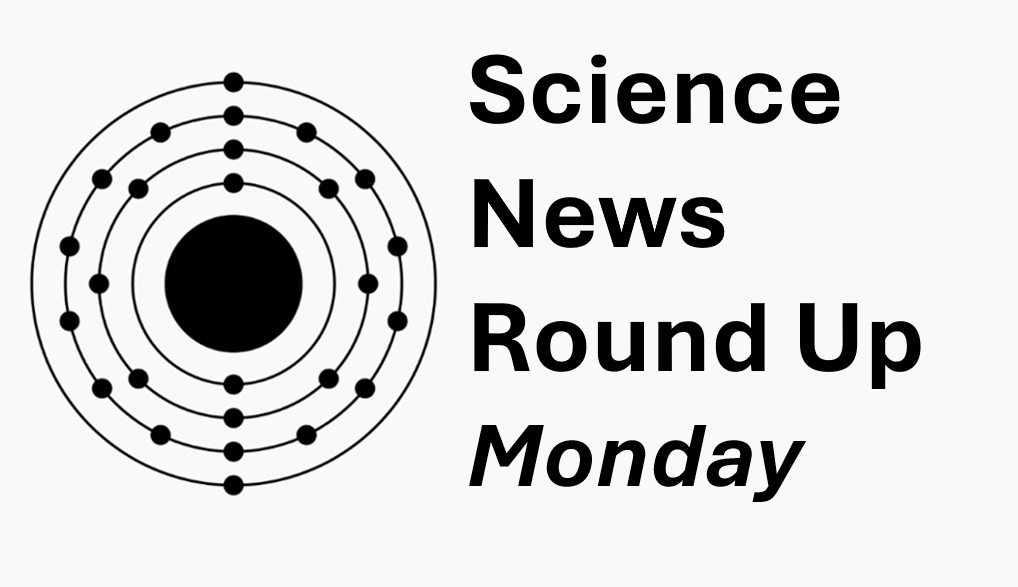
Science News Round Up, June 2, 2025
Act Now—Fuel the Future of Science!
Subscribe free to This Week in Science for weekly, expert-curated insights and groundbreaking updates. As a fully self-funded platform, your subscription and shares sustain our vital mission. ⚡ Time is critical! Share this blog now and empower others to join our independent movement!
AI test to determine best prostate cancer treatment could save lives and money
A groundbreaking AI test identifies which men with high-risk, non-metastatic prostate cancer benefit most from the drug abiraterone, significantly reducing five-year mortality for about 25% of patients. This advancement not only allows for more precise and cost-effective treatment but also calls for NHS England to reconsider funding decisions to provide broader access to this life-saving medication.
How One Farmer’s Climate Lawsuit Could Lead To A Win For The Planet
The conclusion of the Lliuya v. RWE lawsuit, despite its legal outcome against the Peruvian farmer Saúl Luciano Lliuya, signifies a critical advancement in the global dialogue on climate accountability and justice. This case highlights the growing trend of individuals and communities using the legal system to demand accountability from major polluters, underscoring the potential for strategic litigation to influence policy and drive change in addressing the global climate crisis.
How the birth of a child changes parents’ environmental and climate concerns
The study by the University of Oldenburg and Trinity College Dublin reveals that the birth of a child does little to change parents’ environmental and climate concerns, with notable gender differences: fathers tend to become less environmentally conscious but more climate-aware, whereas mothers’ environmental concern rises slightly but their climate worries lessen post-childbirth. Despite the minimal influence of education, parents holding university degrees and with children at school age demonstrate heightened concern, emphasizing the need for nuanced understanding of parental perspectives on planetary issues.
MoMA PS1 Chief Curator Ruba Katrib Talks ‘The Gatherers’ Exhibition and What Art Can and Can’t Do
“The Gatherers,” an exhibition at MoMA PS1, explores the complex interplay between art and pressing global issues such as climate change, globalization, and neoliberalism through the lens of 14 international artists. Using diverse mediums, the show underscores how contemporary art can confront societal excess and infrastructure failures, inviting viewers to engage with the subtle tensions between decay, renewal, and the inexorable march of time, ultimately reflecting on art’s unique ability to evoke and challenge prevailing narratives without being explicitly political.
Trump To Revive The Nuclear Power Industry
In a bid to rejuvenate the U.S. nuclear industry, President Trump issued executive orders highlighted by a critique of the Linear No-Threshold (LNT) model, which assumes any radiation exposure increases cancer risk. The article argues that the widespread adoption of the LNT model by regulatory agencies is based more on political precaution than scientific validation, contributing to public fear and high costs of nuclear power development, despite the energy source’s strong safety record and potential to reduce greenhouse gas emissions.
The Future of Investment Research with Autonomous AI Agents
The financial industry is undergoing a transformative shift with the integration of autonomous AI agents, which promise to enhance the speed, accuracy, and efficiency of investment research by automating extensive data analysis and detecting market signals that previously demanded significant human effort. While this technology empowers human analysts by freeing them to focus on strategic and high-order decision-making, challenges such as data quality, regulatory compliance, and maintaining human oversight remain crucial to leveraging AI’s full potential without compromising accountability.
The Trump administration has shut down more than 100 climate studies
The Trump administration’s termination of National Science Foundation (NSF) grants for over 100 climate change research projects significantly undermines U.S. leadership in climate science, jeopardizing the development of clean energy and the study of critical climate-related risks, including those disproportionately affecting marginalized communities. This aggressive defunding not only threatens to eliminate a generation of climate scientists and stifle innovation in clean energy but also poses a broader danger to scientific integrity by aligning research funding with political agendas, rather than scientific and societal needs, as evidenced by ongoing legal battles challenging the cuts as illegal and detrimental to the public interest.



